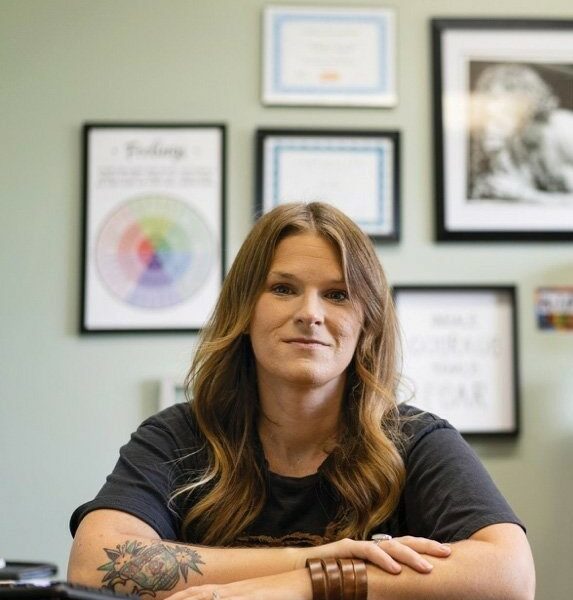

Today we’d like to introduce you to Devin Lyall.
Hi Devin, thanks for sharing your story with us. To start, maybe you can tell our readers some of your backstory.
My name is Devin Lyall, and at the age of 25, I was homeless, hopeless, and addicted. My life had not always been this way; I was raised in a loving middle-upper-class family. I had opportunities to travel the world; I took competitive dance and graduated with honors receiving “most likely to be remembered” as my senior class superlative and Senior art award. Despite having a life where most people would thrive, I still found myself feeling isolated; I fit in everywhere but was never able to figure out where I belonged; I lacked a purpose. I battled with mental health, depression, and anxiety, and tried to cope with this through my dance, art, and music. I always felt like I felt a little deeper than my friends, so in high school drinking and recreational drugs was what I used to cope. At the time I thought this was normal teenage behavior because I still had this amazing life. However, my careless behavior landed me as a young mother at the age of 17. I had been accepted into a prestigious arts department at Appalachian State University, but I ended up staying home to take care of my child, this gift I had been given to turn my life around. I stayed in my hometown and went to cosmetology school to use my art in another fashion. I taught competitive dance for kids 6-18, winning numerous choreography awards. I found a place to continue to keep my dreams alive and care for my child. This story quickly changed after an ankle injury requiring multiple surgeries over a year, where I was prescribed opioids for pain. I remember clearly the first time I took the medication; I was in a wheelchair, bedridden, and in a place of great depression. Due to my lack of mobility, there were no more hair clients or teaching dance, and I was struggling to be a mother, the three things I took the most pride in. Opioids gave me an instant euphoria; I fell in love with the drug and myself all over again. When this feeling would leave, however, I would want more to ensure that this mind state, in which I was a whole and all-powerful woman, remained. I had also learned what being dope sick felt like. Eventually, as you will hear many people say, my doctor became the drug dealer down the street. Then, the doctors attempted to take me off the medication. Lucky for me, I was in a relationship where he knew all the right people, which made fueling my addiction easier. It was easy to blame the chaos in my life on him; he was the one with the problems. I was a responsible mother, the one who worked and paid the bills, and a successful dance educator. I succeeded at this until I didn’t. The disease of addiction will always progress. The scary part about my addiction is that it took me downhill so quickly that by the time I looked at myself in the mirror, I didn’t even recognize myself. At this point, I was sitting in an empty apartment, the nice home I had bought on my own at the age of 21 foreclosed, my partner in jail, careers gone, and my mother now with custody of my children. Everyone finally knew the truth.
One would have thought this would be my opportunity to change. But, at this point, with nothing to live for, I was forced underground into a world that was only about survival, a world I had never existed in. Here, every day felt the same, and my only responsibility was to numb myself. Most days, I hoped that I didn’t wake up. I was disconnected from my community, the people who looked up to me, the people who loved me most; I was alone in hell with the other lonely people who suffered with me. There were so many times I had wanted to quit with every ounce of my being, but I could never make it through the withdrawals. I had always said if it ever got that bad, I would stop; there is no way I would do anything to risk me losing the life I had built, my children, and everything that meant so much to me. But despite my best efforts …… I was homeless, hopeless, and addicted.
Lucky for me, this wasn’t the end of story. On Jan. 2nd, 2012, I ended up in the ICU, suffering from septic shock from my IV drug use. I laid in an ICU room for 14 days, hooked up to machines and medications to try to get the infection that was starting to affect my heart under control and keep me alive.
When I woke up in the hospital for the first time in as long as I could remember, I was grateful I wasn’t dead. At this point, my survival skills were running out, and I was exhausted. I was too weak and tried to do anything, which I realized today might be what saved my life. Up until this point, despite my best efforts, I was unable to make it through the sickness of withdrawals on my own.
Over the next year, I ended up in the detox, inpatient treatment, and transitional housing, but I had to leave Wilkes to find it.
So, when I moved back home, I felt like that was my mission.
I didn’t go to school to run a non-profit, I have no medical training or credentials outside of my lived experience. I didn’t grow up wanting to save the world. I didn’t set out to open an addiction recovery center. But I was lucky in life, and I felt a responsibility to make that possible for someone else.
It was necessary for community members who were suffering to have access to services that I had to leave to receive. So, in 2015 with determination and one donor from my recovery network who believed in me, I founded a transitional housing program so that women did not have to leave the community where their family, friends, and children lived to receive support. Let me remind you I was told by many this wouldn’t work. I had previously taken this proposal to my boss at the nonprofit I worked for as a peer support specialist to see if he was interested in doing it as a part of their mission. I was told Wilkes County won’t allow it. This was part of what motivated me to do whatever it took to change the community’s mind. It took several rezoning meetings, which required public forums, and there was a lot of NIMBYism, fear that it would bring down property value, and fears that it would increase crime. I always strongly advocated that the individuals in this program would have accountability and that these people they are talking about are people just like me. Eventually, with some big advocacy and some community members who knew we had to get into solutions it was passed.
In 2016, I was able to register us with the state to become a nonprofit organization, Wilkes Recovery Revolution. Before this, we had been a for-profit business, and that was not sustainable. I had a problem with turning people away due to lack of funds; therefore, it was necessary if this work was going to continue that we be able to accept donations and grants.
Every time in helping someone that we hit a roadblock, we figured out how to get into a solution. Now, we were doing what was necessary and what was possible to get people the help they desperately needed.
As a result, we now have what we call our recovery eco-system which consists of 10 unique programs ranging from Phases Transitional Housing, R3 Recovery Center, Hope Warriors, Wilkes Harm Reduction Collective, Project HOW (Healing our workforce), Fresh Start Farm, Wilkes Fresh Mobile Market, Revolution Thrift Store, Wilkes Post-overdose Response Team, and Wilkes Quick Response Team (CIT). We literally meet people wherever they are at on their journey, whether it be in people who use drugs and access harm reduction services or helping people find meaningful and gainful employment.
I truly believe in this concept, A concept that has worked for so many others. It works because everything we do is driven by the voice of lived experience. We meet individuals where they are at with compassion and no judgment, and because of this, we are enabling life. I often wonder how my story would have been different had these services been available to me; I may not have been forced so far underground, I may have found help sooner. Today, I have a life beyond my wildest dreams. If you had told me years ago when I was sitting in that ran down apartment with a syringe in my hand that I would be talking to people like you today and telling my story, I would have said you were crazy. But recovery is possible; today my community supports me, and I support my community.
Can you talk to us a bit about the challenges and lessons you’ve learned along the way? Looking back, would you say it’s been easy or smooth in retrospect?
It has been a wild but fulfilling journey. Addiction in itself carries so much stigma, which has made this mission difficult. When I started this journey of creating a non-profit, I felt like I was trying to tackle this huge problem alone, with only a few individuals and family members supporting me. I learned through this that you cannot solve complex problems like addiction alone; it took breaking down stigma, finding allies, and creating partnerships. A wise mentor once told me, “If you want to go fast, go alone, and if you want to go far, go together.” It took me a while to figure out what this meant, but today through creating connections among people, I have realized the true value of this statement. There should not be silos when you’re working in a field that directly impacts people’s lives.
I have learned the most important work happens when we meet individuals where they need us, not where we think they should be. That can be difficult in our field because, at times, we like to think we know what is best for people based on our own lived experience, education, or understanding. But recovery is non-linear and looks different for each person. Each time we show up, we must have an understanding that the answer might be a little different every time we ask the question.
I have learned that it’s okay to have pride over work well done, but that humility is a requirement to do this work authentically. It is important that I never forget the blood, sweat, and tears that it took to get here. One of my favorite quotes comes from the Tim McGraw Song, “When the dreams you’re dreaming come to you. When the work you put in is realized. Let yourself feel the pride, but always stay humble and kind.”
I have learned to appreciate feedback and learn from it, which was not easy at first. I have learned that Feedback is just feedback and that it is neither positive nor negative. You choose what you do with it and can respond negatively or positively. I am grateful today for the feedback that people feel comfortable giving me; I would not be where I am today without the support and feedback of others.
One of the most challenging things for me is realizing that leadership can be lonely. It’s even harder when you are a people pleaser. Inevitably you’ll be treated differently due to your title. At the end of the day, the challenge comes from the fact that outside of my amazing board of directors that the final decision normally falls back to me, and every decision made typically has the potential to have positive and negative consequences, and whatever comes of the decision, rest with me. If it is good, everyone will celebrate, and if it goes poorly, all eyes are on me. Ultimately at the end of the day, my main job is to ensure that the mission of the organization is being carried out to the best of my ability. It has been challenging to find balance between my compassion and passion for people and still making the hard decisions; there are times that I must set that aside and base my decisions on policy, principles, and ethics alone.
Leadership requires vulnerability, and vulnerability is challenging. But most of all, finding the balance in when being vulnerable is necessary. It is important for me to talk about my challenges and things that have happened in my past that have modeled me into the person I am today. This is a part of sharing the love of lived experiences in this line of peer-to-peer work.
If someone asked me what keeps me up at night. It is finances and sustainability and wanting to ensure that the amazing work my team is doing, which is life-changing work, can continue. It is very hard when that is based on fluctuating donations from community members and writing grants in the hopes that they will be rewarded. My greatest fear is that we would have to stop providing a service that this community so desperately needs. We have grown to meet the needs of our community, but now we depend on others to find it in their hearts to help us continue this work.
Can you tell our readers more about what you do and what you think sets you apart from others?
In this field of work the greatest happiness comes not only when we meet people where they are, but by going a step further and listening to individuals so that we can also try to meet them where they want to be, with our hands ready to lift them up. That’s the space where the miracles happen, the space in between. Robin Williams said it in the movie Patch Adams: ‘You treat a disease, you win, you lose. You treat a person, I guarantee you, you’ll win, no matter what the outcome.”
Can you talk to us a bit about happiness and what makes you happy?
I find happiness in many ways; however, much of my joy comes when I force myself to slow down and be present for my family. I say this because a lot of my time is spent at work, which also makes me happy, or I wouldn’t be able to work in this field where there is a lot of despair and chaos. Part of me thrives in this environment and seeing all the small miracles, but that doesn’t mean that it’s hard not to take it home with me. I find joy in knowing that I get to wake up each morning despite tough days, grateful to have a job where I get to be of service. My love language is being of service to others, and I find happiness when I can meet people where they are and connect with them. I have purpose in life today, and the fact that it gets to intertwine with my employment is a huge win. I find much happiness in seeing individuals on our team celebrate success whether that is personal success and growth or their sharing in the success stories of working directly with participants. I find joy when I am participating in community events and can witness the uniqueness of living in a rural community when it is easy to connect with a diverse community. I find lots of happiness in reflecting on my journey that brought me to where I am and the growth of our organization over the years.
I find solace in knowing that we offer lifesaving services and that we get to see individuals’ lives transformed daily. Seeing dreams come to life makes my heart happy, seeing a thriving team work together makes me happy, and seeing lives changed daily is the greatest reward.
Contact Info:
- Website: http://www.wilkesrecoveryrevolution.com
- Facebook: https://www.facebook.com/wilkesrecoveryrevolution
- Youtube: https://www.youtube.com/channel/UCRz8tvJTScm5A9_pK3YUvOg
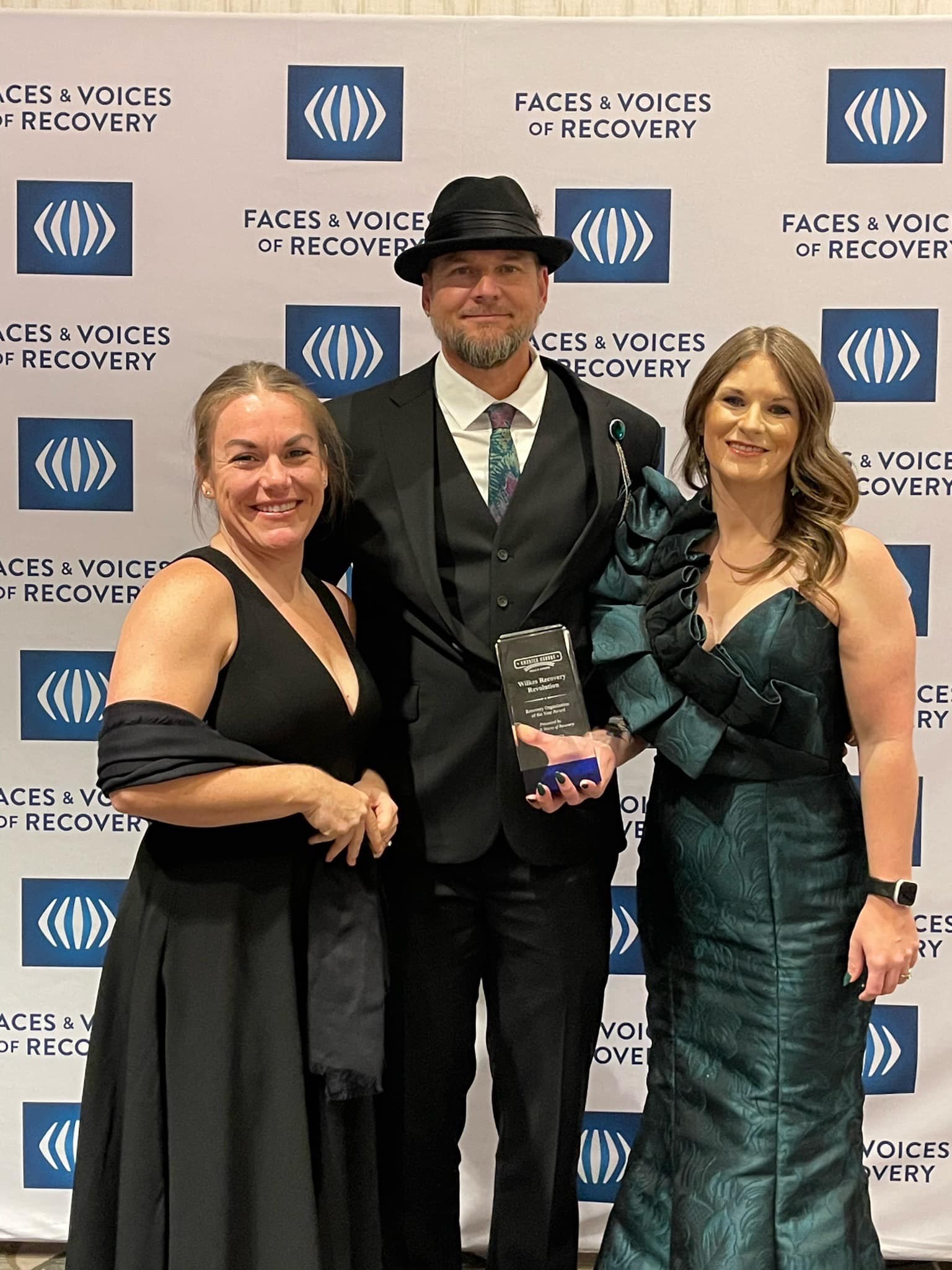
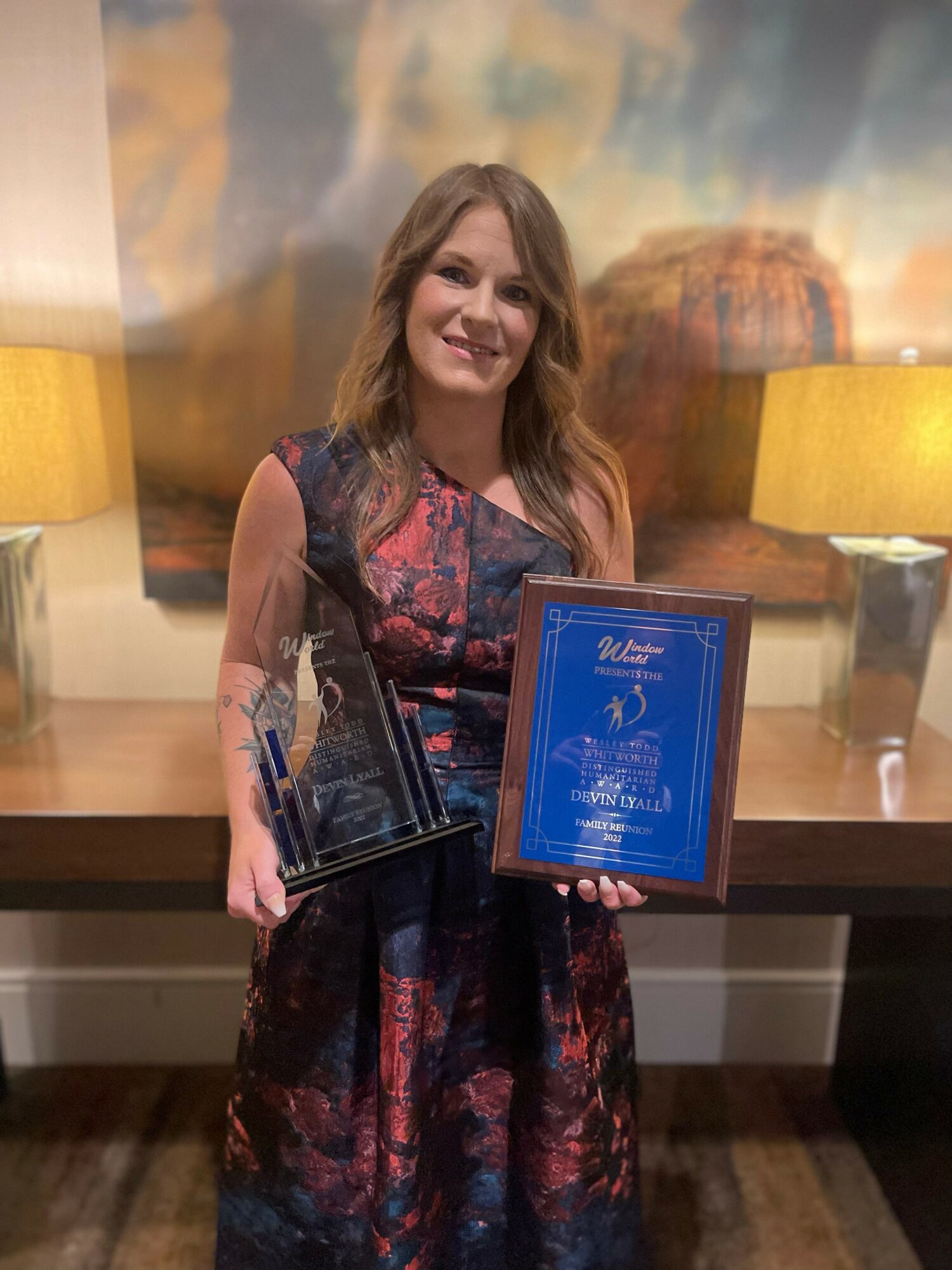
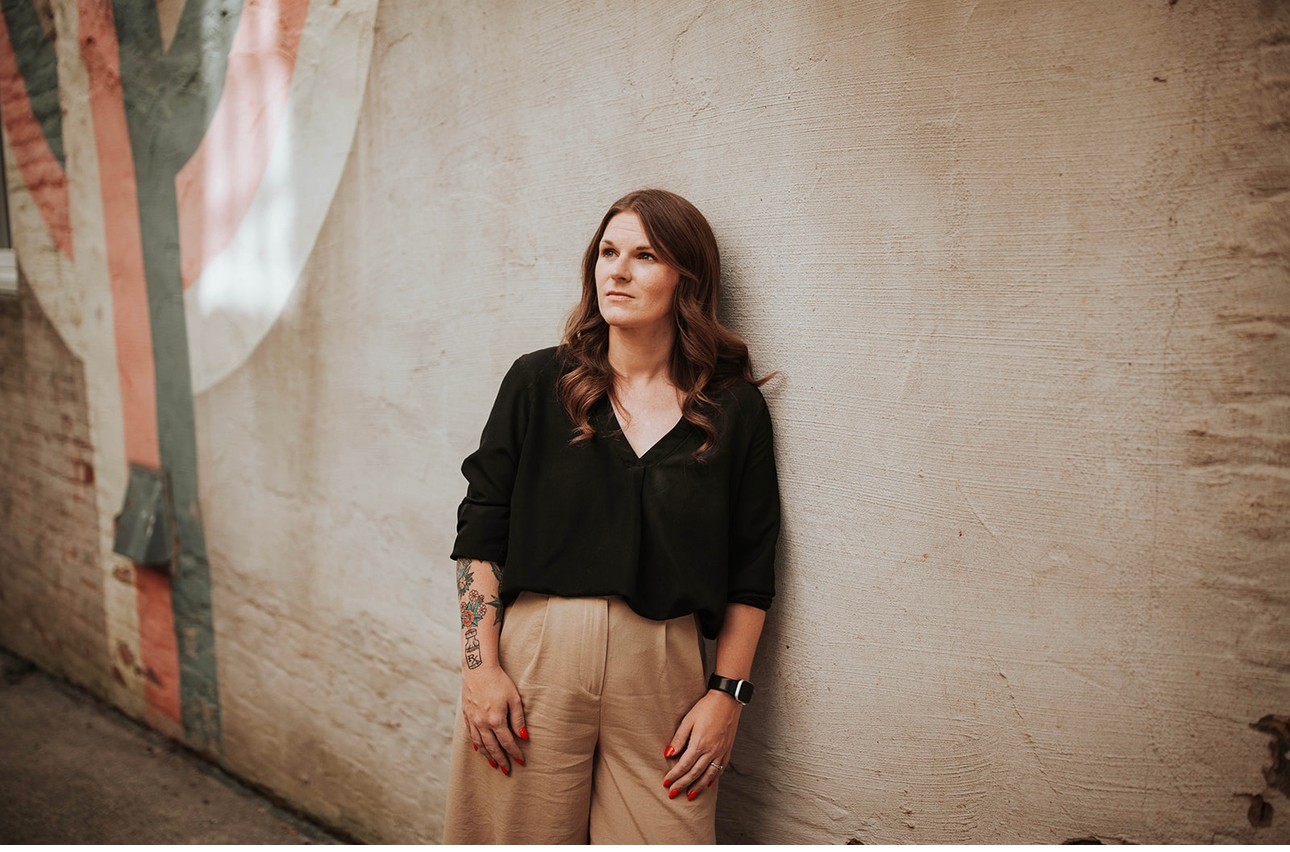
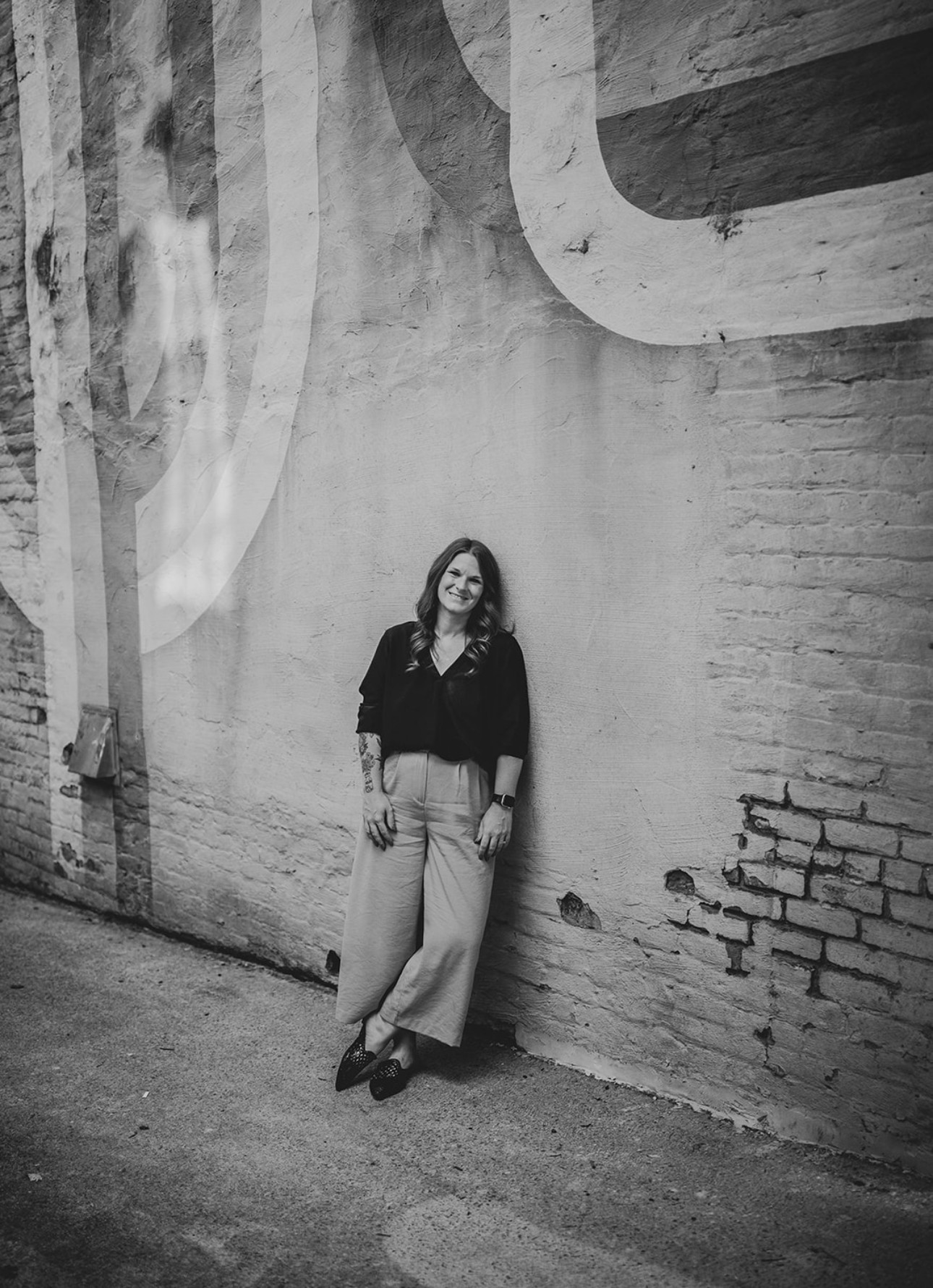
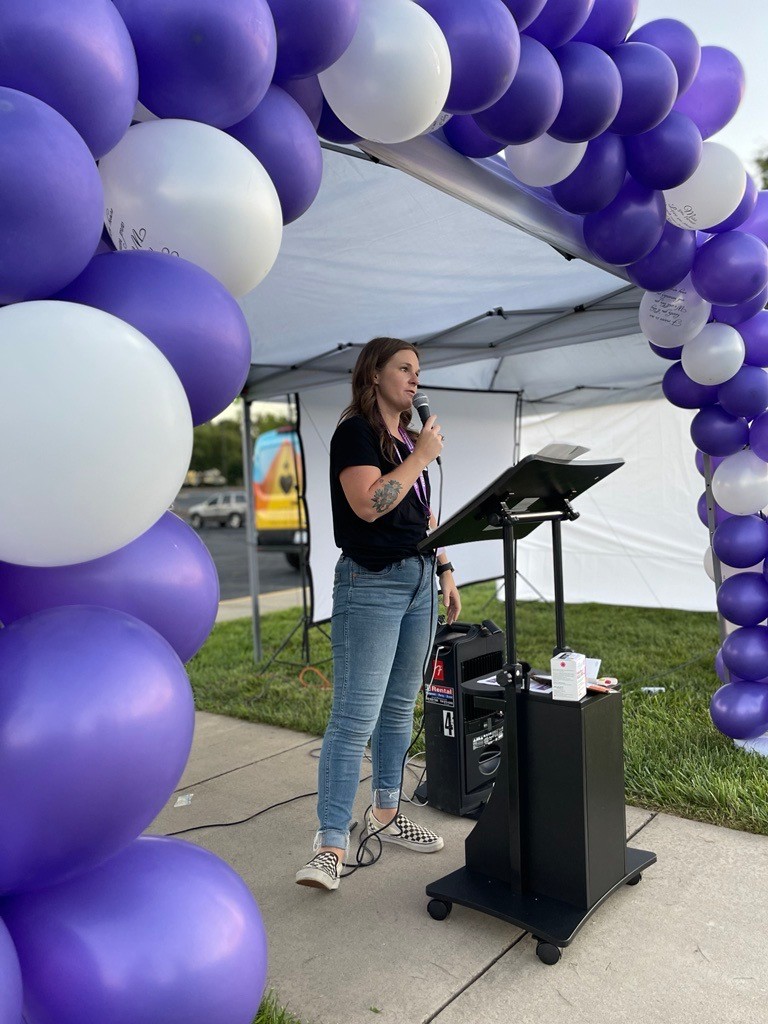
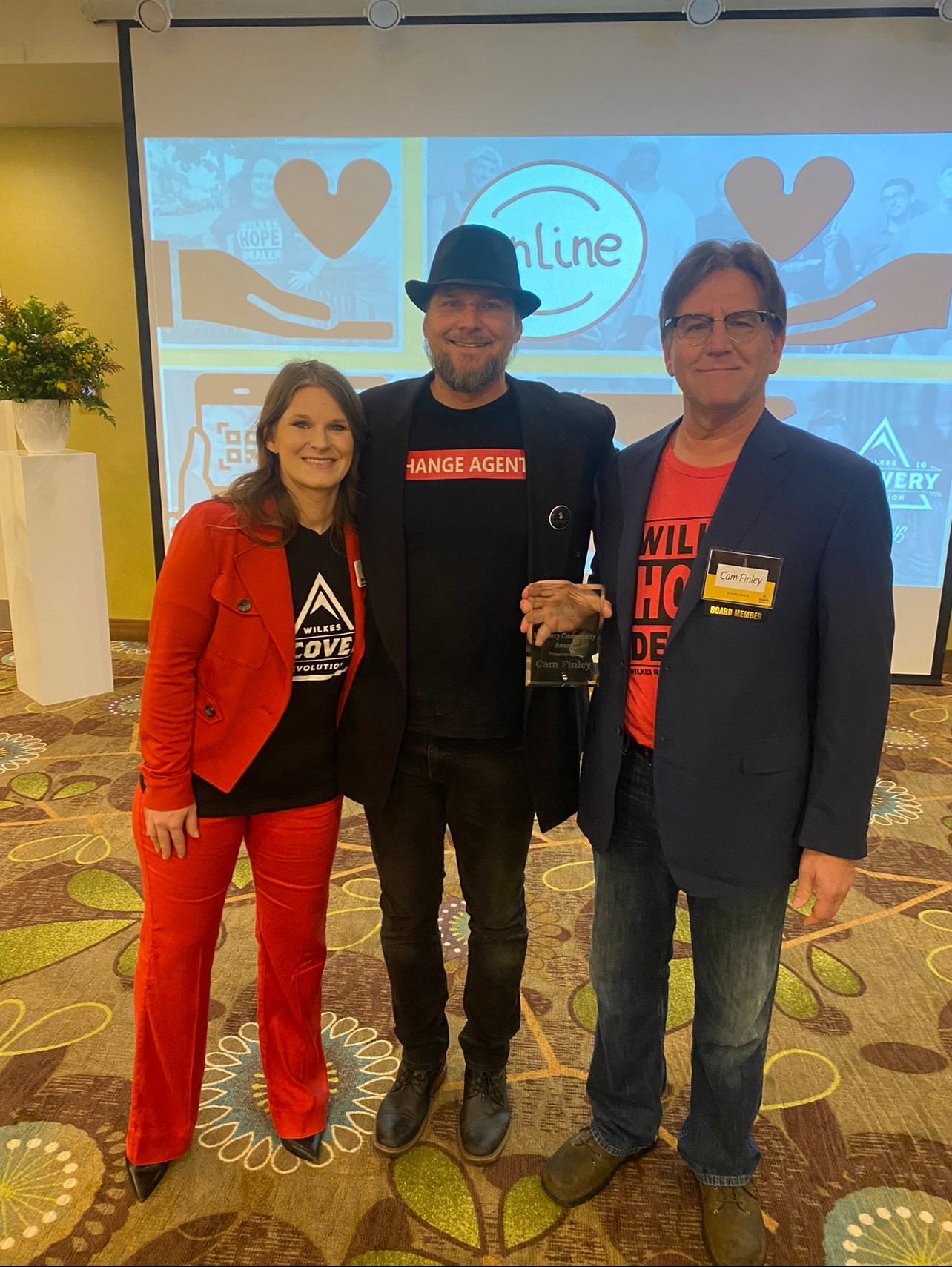
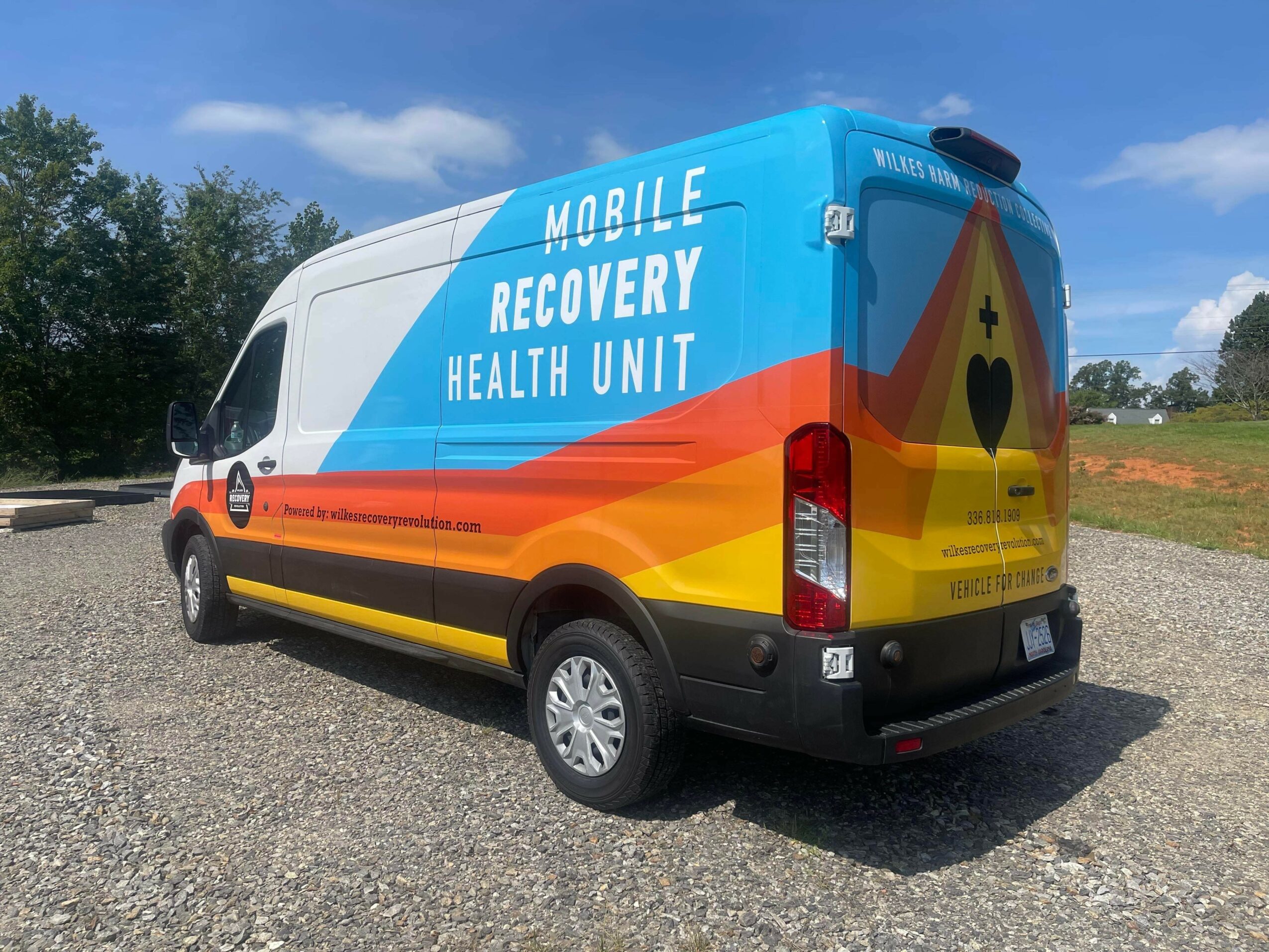
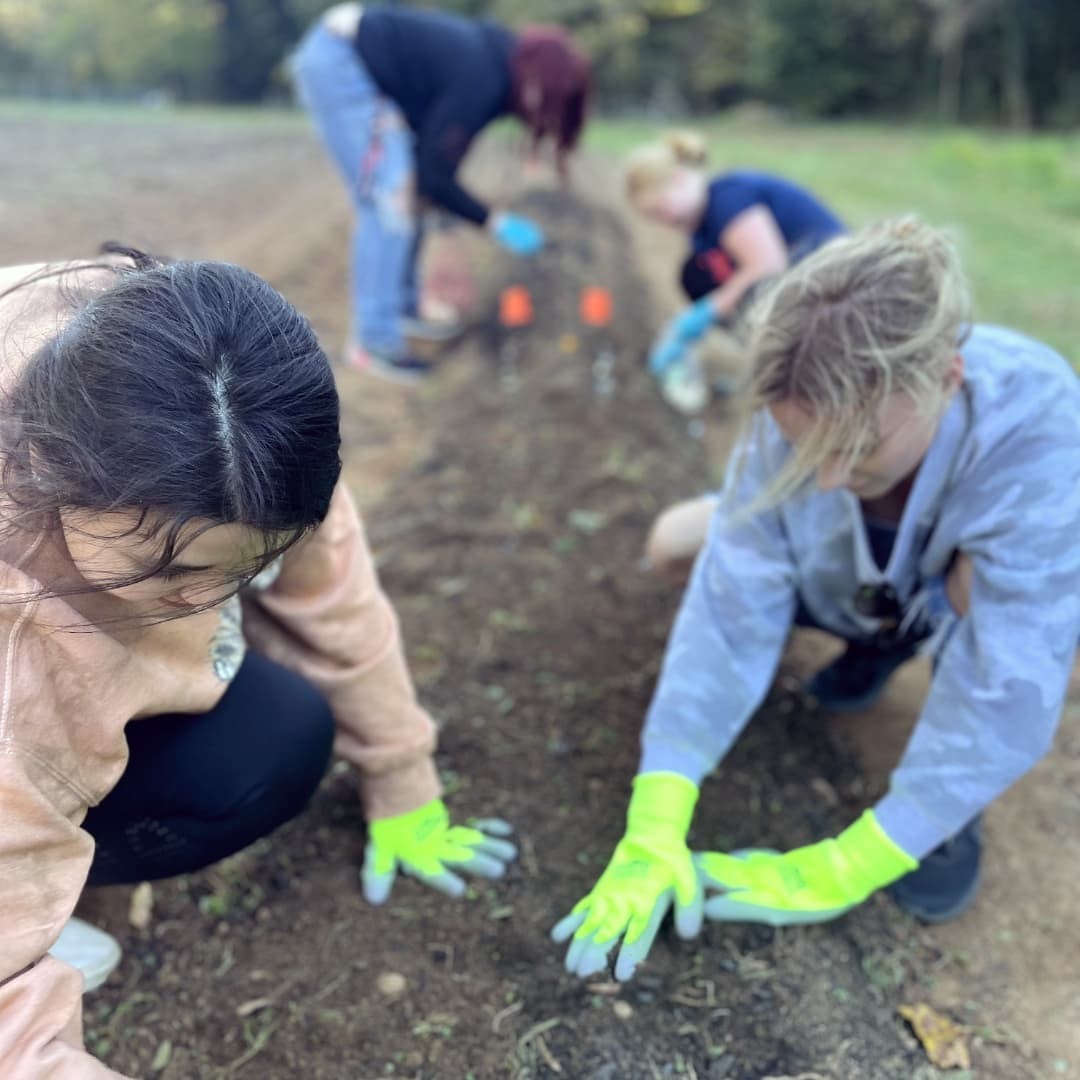
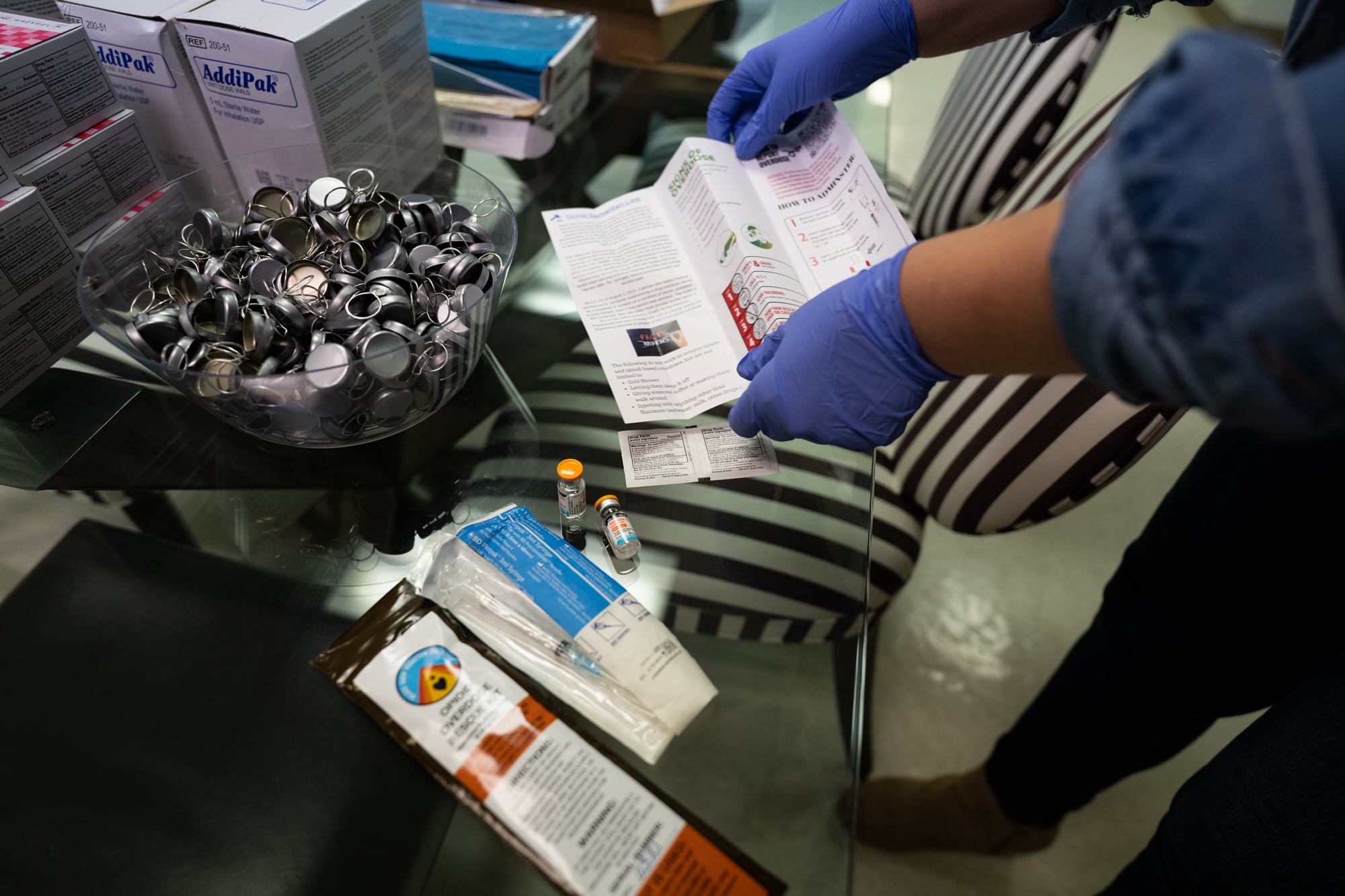

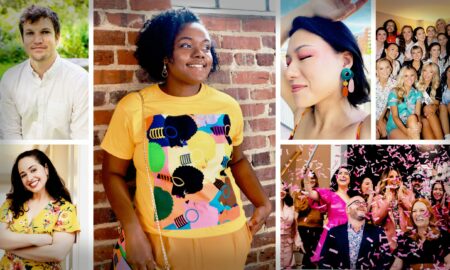











W. Brent West
August 16, 2023 at 1:18 am
I would like to recommend Brad Caudill, Executive Director of Samaritan’s Kitchen of Wilkes.
Brad oversees the operation which provides over 600+ school children Food for the weekend (this info is given to SKW through the school councilors, social workers and school nurses) and SKW also serves over 600 families, monthly with staple food items and more.